A United States-based Ghanaian Professor, Kwaku Asare vehemently opposes the practice of recording and releasing marked ballot papers after voting.
He says such a practice should not be tolerated at all.
Prof Asare explains that if a person feels compelled to share their vote, there is an appropriate way to do so.
“You are free to go on Newsfile or any public platform and proclaim as loudly as you wish who you voted for or plan to vote for. However, secretly recording and releasing a marked ballot undermines the secrecy law and the very integrity of our democratic system. This cannot and must not be tolerated,” he wrote on his Facebook page.
The private legal practitioner said that culprits should be punished severely.
He was reacting to the pictures of alleged thump printed ballot papers that emerged on social media during the special voting exercise on Monday, December 2.
The NDC Chairman for Ayawaso Central Harry Otu told journalists that “I was seated afar, observing the process, and most of them voting Number 1, any moment they are voting, they vote and take pictures with their votes that they’ve cast.”
Nature:
- The right to disclose your vote is a personal freedom rooted in individual autonomy.
- The duty to cast a secret ballot is a legal obligation designed to protect the integrity of the electoral process.
Optionality:
- The right is optional; you may choose to disclose your vote or keep it private.
- The duty is mandatory during the act of voting. Casting a secret ballot is required by law. Violating this duty breaches the Constitution and may attract administrative or criminal sanctions.
Purpose:
- The purpose of the right is to protect freedom of speech and personal expression.
- The duty ensures electoral integrity and fairness, safeguarding the democratic process from undue influence or manipulation.
Timeframe:
- The right can be exercised before or after voting, but not during the voting process or inside the polling booth.
- The duty applies strictly during the act of voting, ensuring that ballots are cast in secrecy.
Focus:
- The focus of the right is on individual choice and self-expression.
- The duty emphasizes collective fairness and the legitimacy of the electoral system.
The right to disclose who you voted for reflects individual freedom, while the duty to cast a secret ballot ensures collective electoral integrity. Together, they balance personal liberty with the need for a fair and trustworthy democratic process.
“Casting a secret ballot is not just a procedural requirement. It is a constitutional obligation. The Electoral Commission has the duty to enforce it, and voters have no right to undermine this effort by displaying their ballots, whether original or copied. Such actions violate both the Constitution and electoral laws. If you feel compelled to share your vote, there is an appropriate way to do so. You are free to go on Newsfile or any public platform and proclaim as loudly as you wish who you voted for or plan to vote for.
“However, secretly recording and releasing a marked ballot undermines the secrecy law and the very integrity of our democratic system. This cannot and must not be tolerated. GOGO will punish it harshly.”
The post Recording and releasing marked ballot paper undermines integrity of democratic system – Asare first appeared on 3News.
Read Full Story



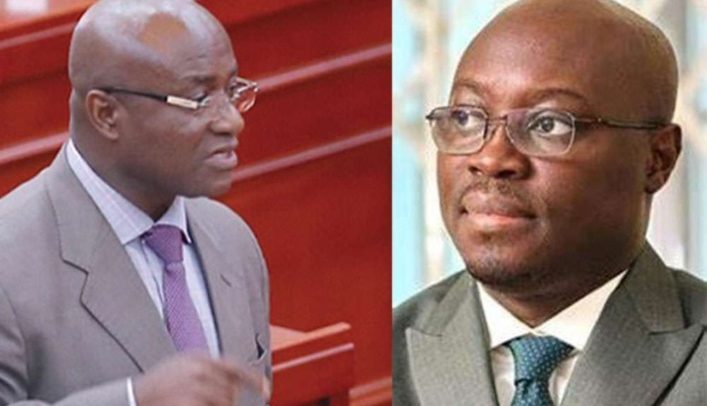
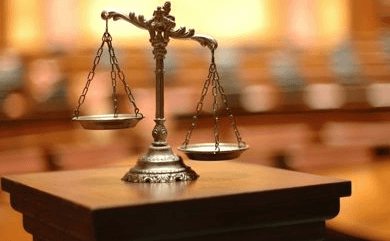
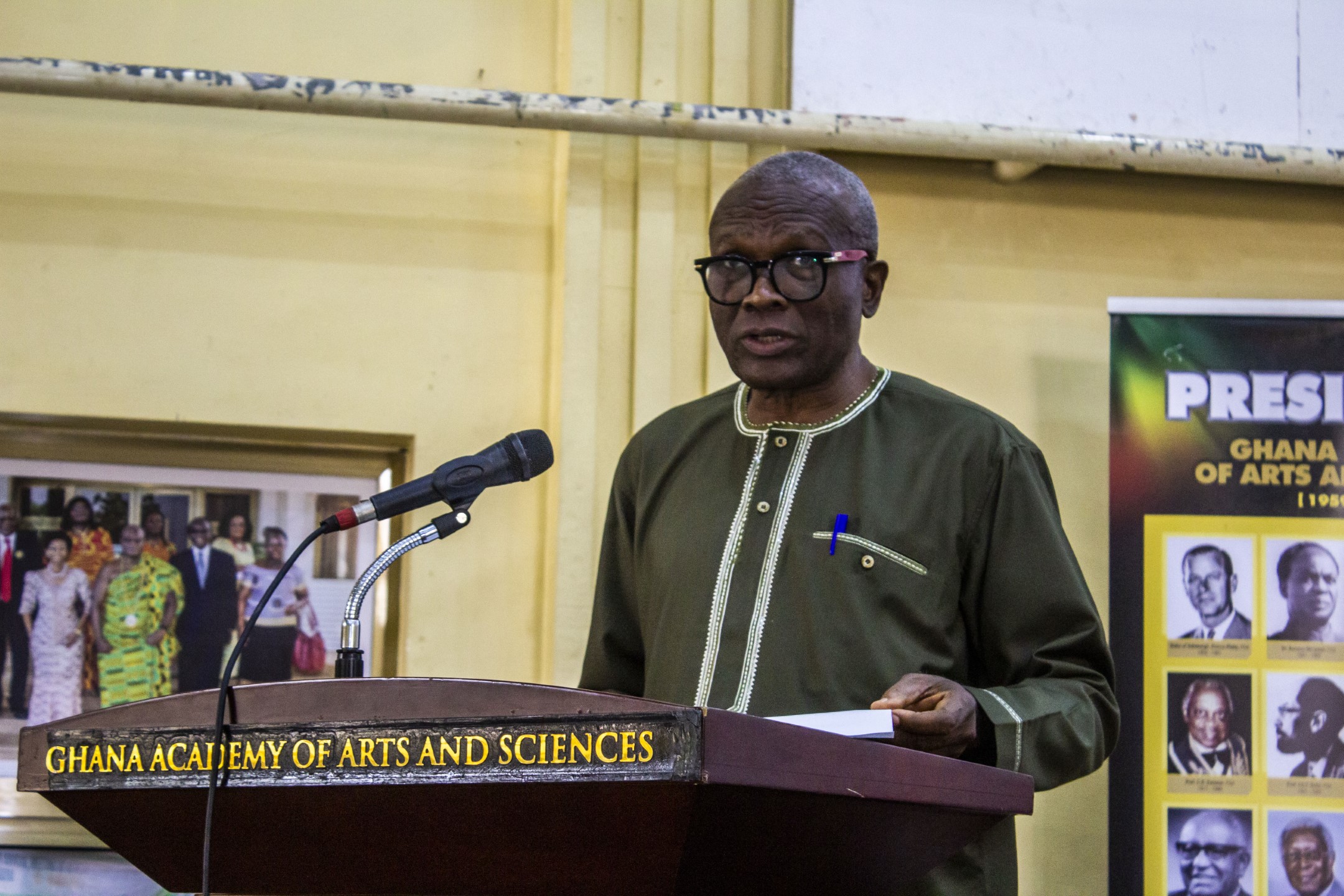

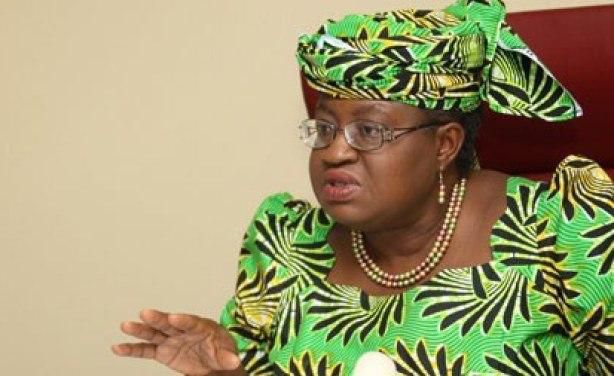



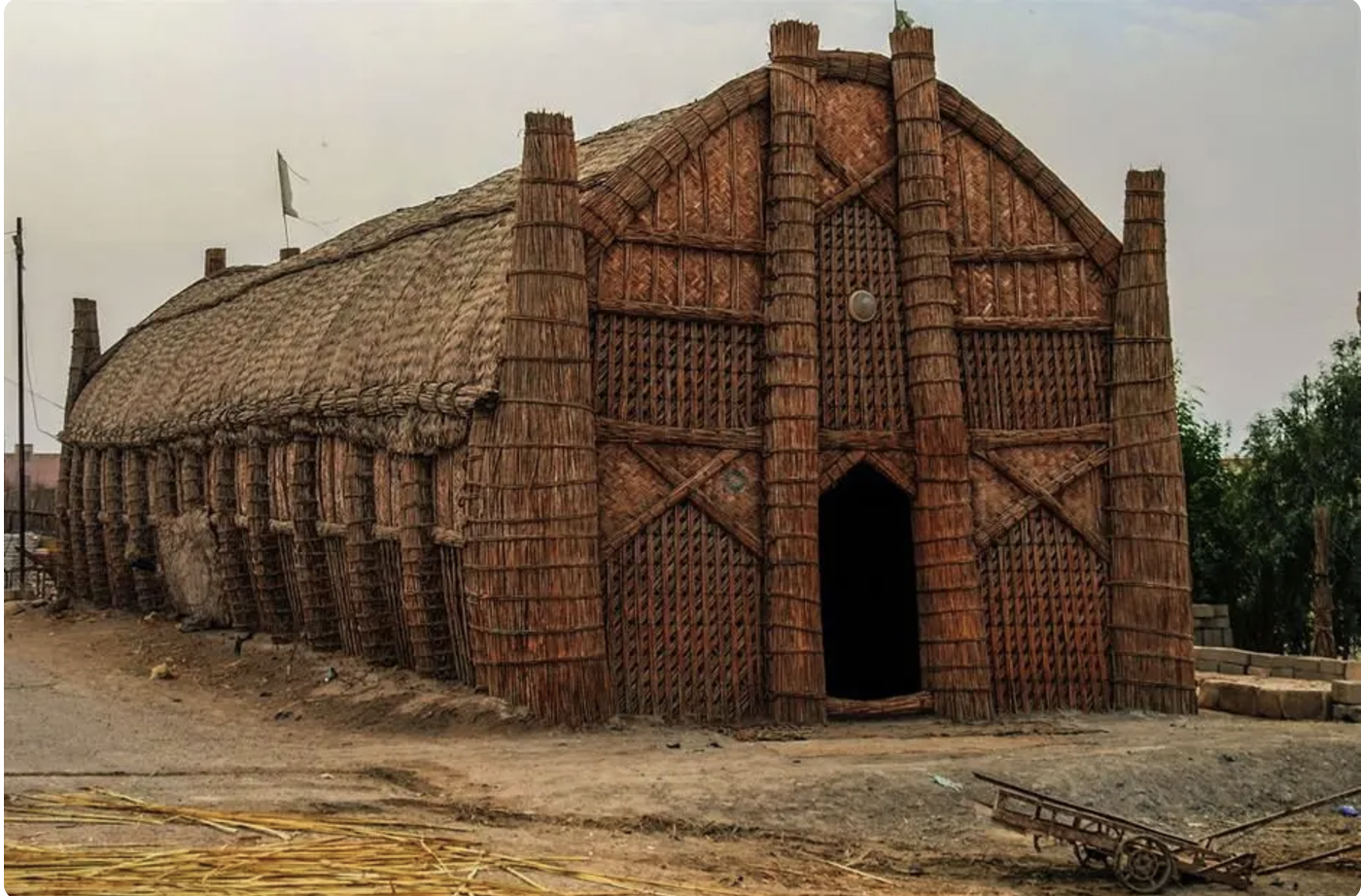
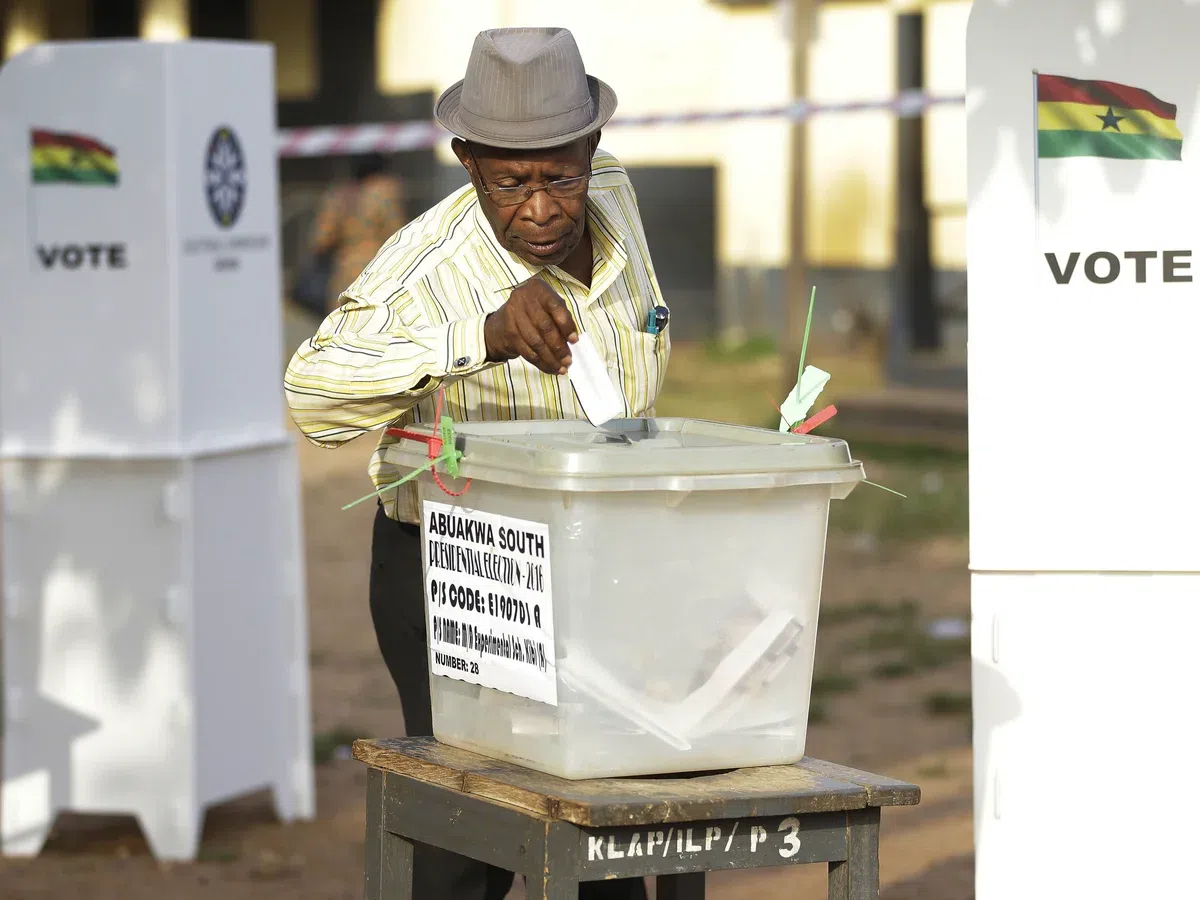

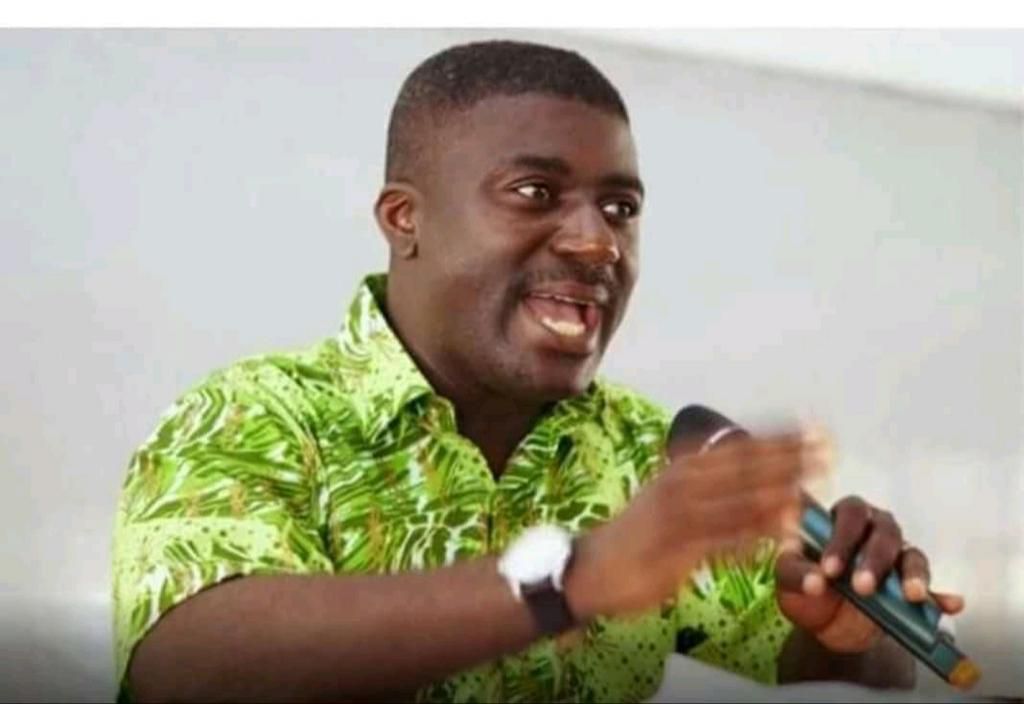
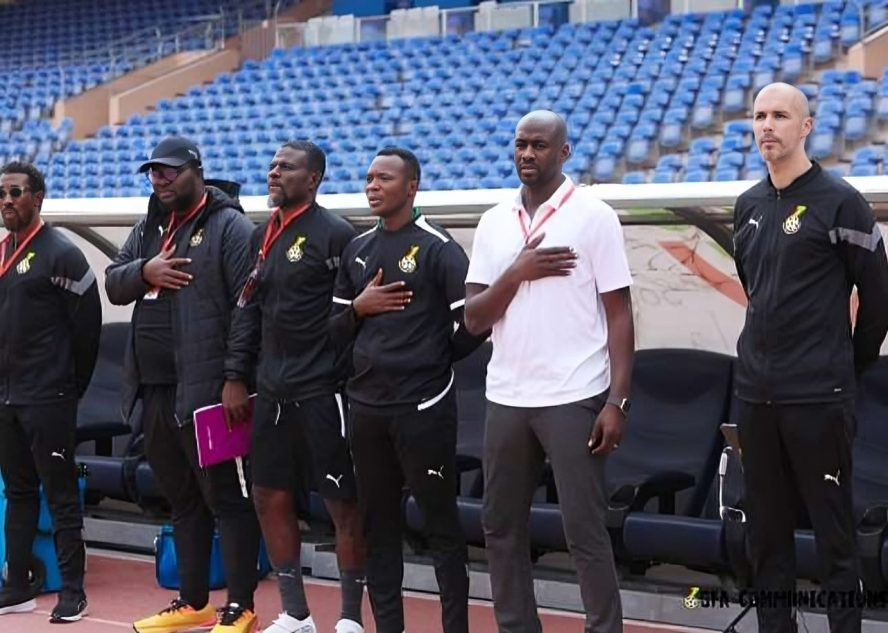
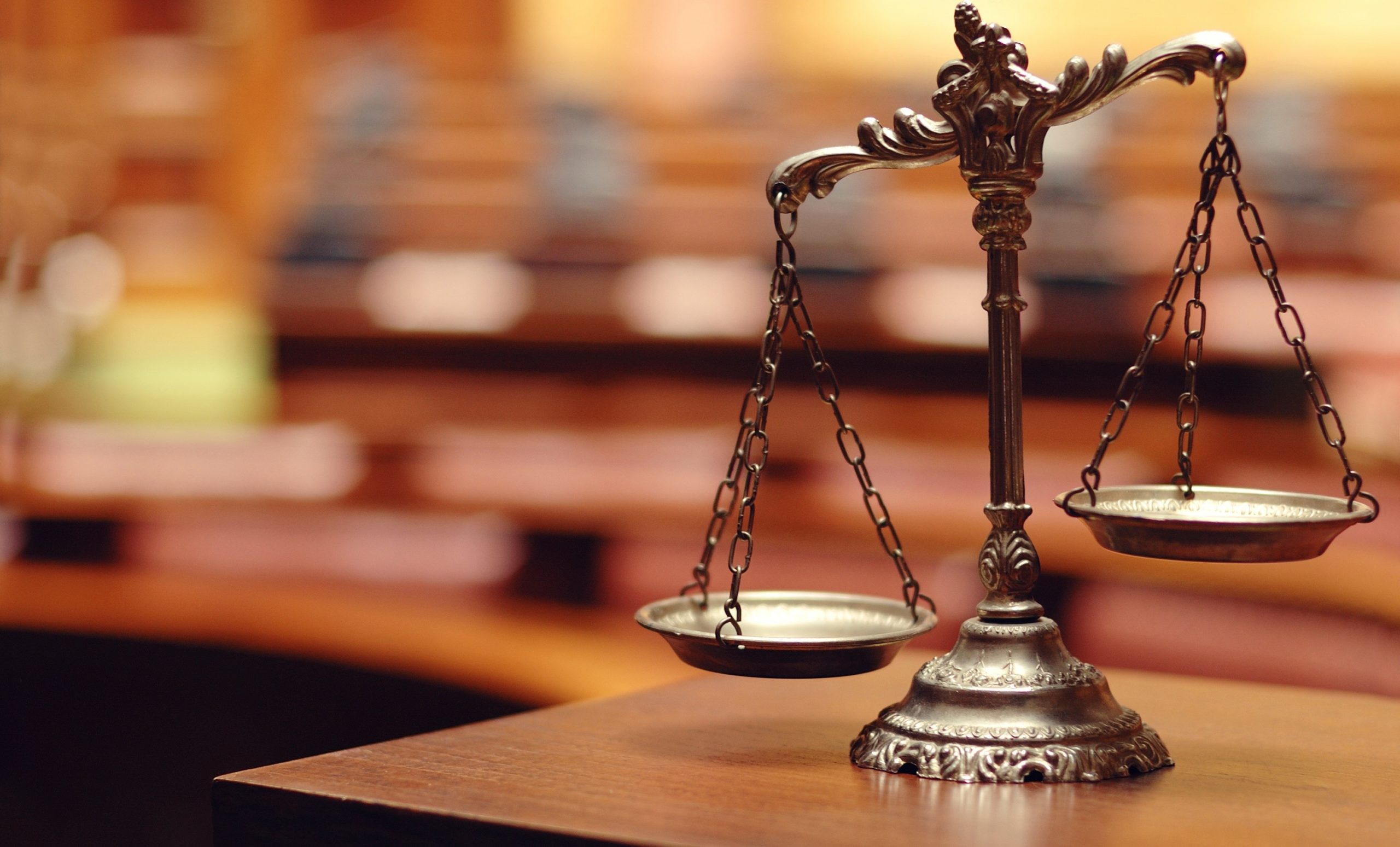



Facebook
Twitter
Pinterest
Instagram
Google+
YouTube
LinkedIn
RSS